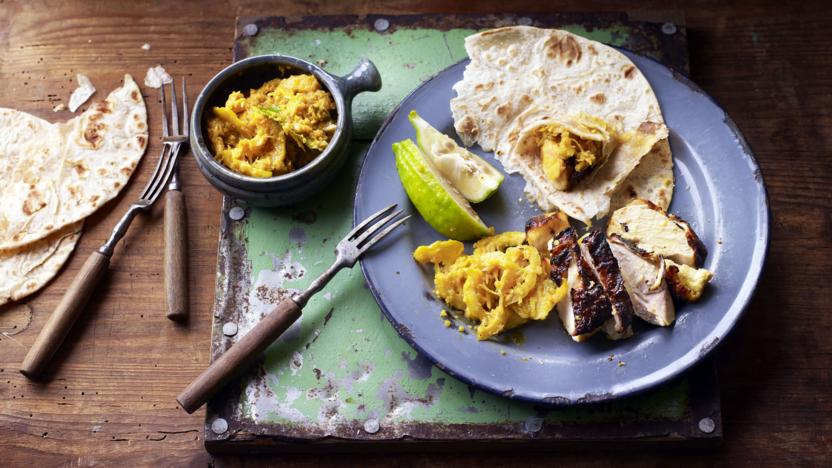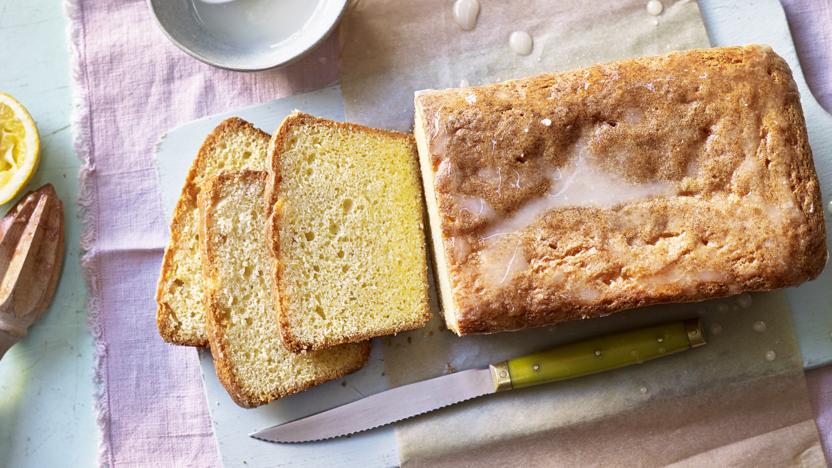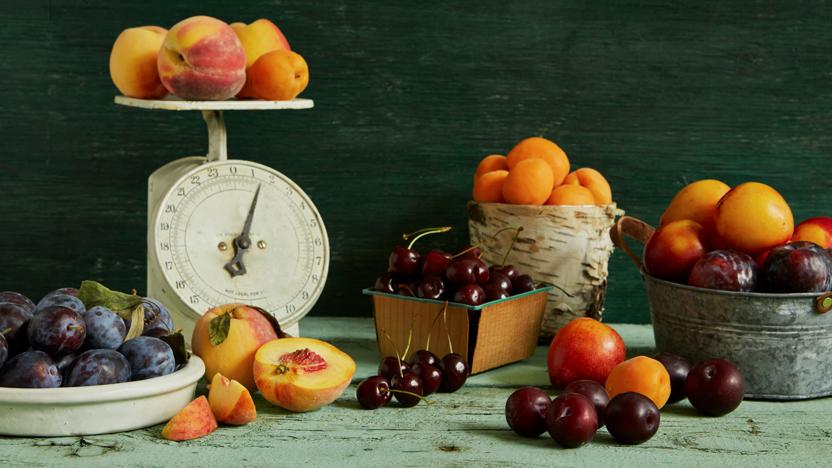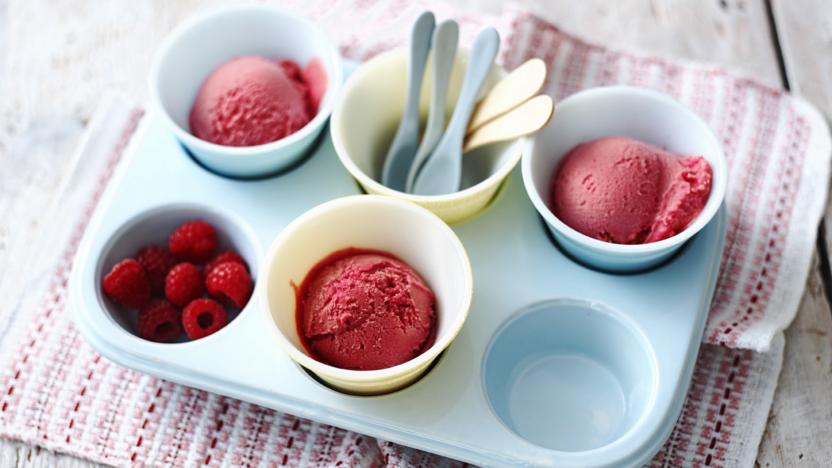Citrus fruit recipes
Citrus fruit are acidic exotic fruit whose seeds are covered with juicy, bitter fruit segments. The brightly coloured outer layer of citrus fruit, the zest, contains scented essential oils that impart a handsome flavour to dishes. Between the zest and the fruit is a bitter white pith that is generally removed before eating or cooking.
This makes a good jelly set preserve with soft tender peel.
More citrus fruit recipes
Buyer's guide
Citrus fruits are always going to be imported, but it is arguably more eco-friendly to import them than to grow them in heated greenhouses in the UK. Choose citrus fruit that are firm and bright-looking; dull skins and soft patches indicate fruit that are past their best. Bitter Seville oranges and spice-sharp blood oranges, hailing mostly from the Mediterranean, still have a limited season, but limes and oranges, lemons and grapefruit are with us year-round.
Storage
Citrus fruit keep exceptionally well, staying juicy for weeks, but the skins will wrinkle after about a week, so if you want to use the zest, use it within a few days. The skins of citrus fruit are coated in a light wax to prolong their lifespan. Although it's tasteless and harmless, it's still advisable to rinse fruit in warm water before using the fragrant zest - if you're worried, it is possible to buy unwaxed citrus fruit. Some unwaxed citrus fruit are sold in sealed plastic pouches to reduce dehydration; these are best stored in the fridge and used speedily. Waxed fruit will be quite happy in the fruit bowl. Once squeezed, fresh citrus juice should be used the same day to reap its lively benefits.
Preparation
Either peel off the zest of citrus fruit in wide strips with a vegetable peeler, or grate finely. Remember to remove zest before cutting and squeezing - it's almost impossible afterwards. To extract the maximum juice, either roll citrus fruit around on a flat work surface, pressing down firmly with the palm of your hand (this method is particularly useful for limes, which can be hard to squeeze), or warm through gently by dropping into a pan of hot water, popping into the microwave for a few seconds, or even placing in a warm oven for a minute or two.










